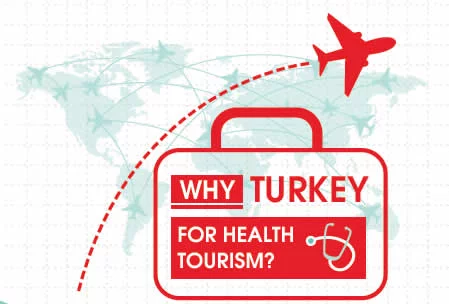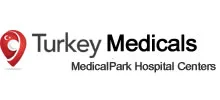
Reading time is 2 mins
.
.
WHAT IS A PANIC ATTACK SYMPTOMS?
A panic attack is an exaggerated fear reaction mediated by stress hormones adrenaline and noradrenaline. Expert psychologist amplitude explained to the spokesperson what to do about this disease.
A panic attack, one of the most common diseases in the century, is one of the diseases that can disrupt the patient’s work life and private life. A panic attack is a panic attack.
.
WHAT TO DO DURING A PANIC ATTACK?
A panic attack is a mood disorder that is one of the disorders of anxiety (anxiety); accompanied by an intense emotion of fear that occurs suddenly, unexpectedly, and intense inner distress is felt. A panic attack is a state of separation from one’s own self enough to forget to breathe, and at the same time panic disorder is a rebellion of the brain and heart.
.
HOW DOES THIS DISEASE EMOTIONALLY FORCE A PERSON?
When there is not enough blood in the brain, the sympathetic nervous system is constantly stimulated, which causes the body to expend excessive energy. The accumulation of feelings that are not expressed, which cannot be put into action according to feelings, also leads to heart fatigue. In cases where heart fatigue and mental thought Systematics are constantly active; the body rebels and transmits attacks aimed at protecting and keeping the organism alive.
.
WHAT DOES THE DISEASE REMIND YOU OF?
The message of ”panic attack” is ‘Meet Yourself. Be aware of your feelings, body and thoughts and manifest your actions with the rhythm of your heart.’
The disease of the most common symptoms of a panic attack include;
A panic attack is usually seen in people who have” future anxiety “and have a” self-confidence” problem. Relying on the “self” for a panic attack occurs when we are fully surrendered that everything is as it should be, and learn to quit. People who are constantly friends with “should, Should” s in the mental dimension and who put too much effort into performing the scenario in their mind are more likely to experience panic disorder. Also, according to research; people whose first-degree relatives have had panic disorder are 80% more likely to experience panic disorder than those who have never experienced panic disorder in their family.
Panic attack symptoms that cause anxiety disorder, multiply fear/anxiety;
– Shortness of breath
– Fast numbness in the body
– Feeling insecure
– Palpitations or irregular heartbeat
– Shake
– Choking sensation, tension in the throat
– Nausea
– Abdominal discomfort
– Feelings of alienation
– Chest pain
– Fear of dying
– Fear of losing control
.
WHAT TO DO DURING A PANIC ATTACK?
During a panic attack; all the concentration that needs to be done first should be directed to “breathing”. As a person extends the breathing time and becomes one with breathing with all his consciousness, the whole body will relax, and a state of “Serenity” will be experienced in the mental, emotional and physiological dimension along with the active parasympathetic nervous system of the brain. Then the person must talk to himself. It will comfort the emotional body to establish positive sentences about its self in its inner dialogue with itself. A person first believes in his own voice, the first voice we come into contact with in the womb is “our own voice”; in this context, it is important that the inner dialogue we have established with ourselves is comforting.
.
.
.
